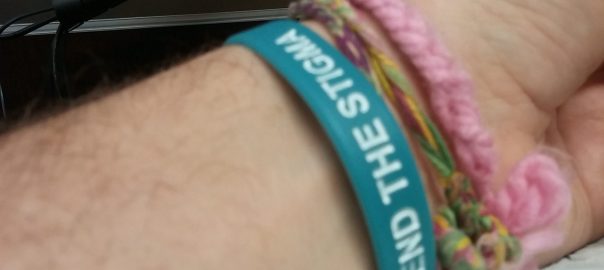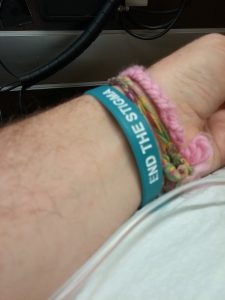Let’s get one thing straight: emotions do not cause disease. The fault of your physical illness very likely lies with something other than you. The whole notion that anything from kidney stones to cancer could be traced back to an emotional block, repressed anger, wrongs un-righted, or any other random psychological hurt from this life or a past one, is so corrupt that it should never be given credence by any rational being. Yet throngs of people with well-intentioned sounding titles like “life coach” or “healer” spread these malicious little bits of victim blaming as if they were offering salvation in a bottle of snake oil.
That said, I want it to be clear that not everyone who identifies as a healer is guilty of either victim blaming or willfully misleading those who they are trying to help. I’ve known incredibly sincere, warm, compassionate people who do their absolute best to improve the health and well-being of others through a wide swath of tools and approaches, arguably with strong results. And, frankly, many people need some form of guidance in their lives and have relied successfully on many such “coaches” to get where they need to be. I’m not condemning whole industries or forms of practice or even job titles here; this isn’t about valid occupations, but rather about those who choose to exploit the fears and insecurities of patients under the guise of offering miraculous cures through attitude adjustment. Continue reading Emotional Illness




